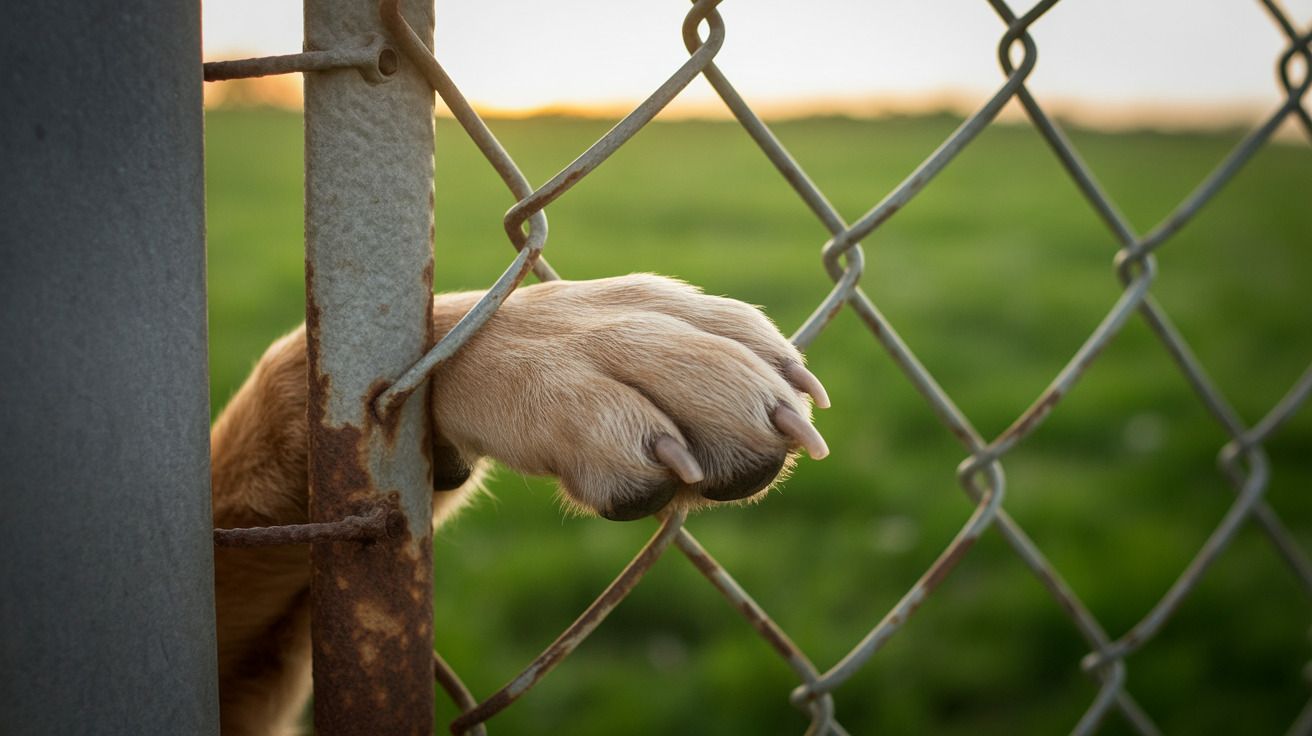Richmond Animal Care and Control (RACC) has officially launched its animal cruelty registry Richmond, marking a significant milestone in animal protection efforts throughout the region. This groundbreaking initiative creates a public database that tracks individuals convicted of felony animal cruelty offenses, providing an essential tool for preventing repeat offenses and safeguarding vulnerable animals from potential harm.
The new registry represents a proactive approach to animal welfare, allowing shelters, adoption centers, and community members to verify the backgrounds of potential pet adopters or owners. By maintaining transparency about convicted offenders, Richmond joins a growing movement across the nation aimed at breaking the cycle of animal abuse and creating safer communities for pets and their families.
Understanding Richmond Animal Cruelty Offenders List
The Richmond animal cruelty offenders list serves as a comprehensive database managed by RACC, documenting individuals who have been convicted of serious animal-related crimes. This public registry includes detailed information about offenders' names, addresses at the time of conviction, specific offenses committed, and conviction details.
The registry focuses specifically on felony convictions, ensuring that only the most serious cases of animal abuse are tracked. This targeted approach helps distinguish between minor infractions and severe cases that pose genuine risks to animal welfare.
Virginia Animal Cruelty Laws and Registry Requirements
Under Virginia animal law unit guidelines, the felony animal abuse registry Virginia covers multiple categories of serious offenses. The registry includes individuals convicted under specific Virginia Code sections, including § 3.2-6570 for cruelty to animals, § 3.2-6571 for animal fighting activities, § 18.2-144 for maiming or killing animals, and § 18.2-144.1 for killing or injuring police animals.
These animal cruelty laws Virginia encompass a range of serious offenses including animal fighting, maiming, killing, or poisoning animals. The comprehensive nature of these statutes ensures that various forms of severe animal abuse are captured within the registry system.
Public Animal Abuse Registry Benefits for Community Safety
The public animal abuse registry serves multiple important functions within the community. Pet shelters and rescue organizations can now conduct thorough background checks before approving adoptions, significantly reducing the risk of placing animals in potentially harmful situations.
Research consistently demonstrates strong connections between animal cruelty and violent crime, making this registry valuable beyond animal protection alone. The animal cruelty and violent crime link suggests that individuals who abuse animals often escalate to harming humans, making community awareness crucial for overall public safety.
Preventing Pet Abuse Through Background Verification
The preventing pet abuse Richmond initiative empowers adoption centers to implement comprehensive pet adoption background check procedures. This systematic approach helps ensure that animals are placed in safe, loving homes while identifying potential red flags before placement occurs.
Veterinarians, pet stores, and other animal-related businesses can also utilize the registry to make informed decisions about their services and client relationships, creating additional layers of protection throughout the community.
Expanding Regional Implementation
Richmond's leadership in launching this registry paves the way for broader implementation across Virginia. The Henrico animal cruelty registry is already in development, indicating regional cooperation in addressing animal welfare concerns through systematic tracking and prevention measures.
This coordinated approach between jurisdictions strengthens the overall effectiveness of animal abuse prevention tools, making it more difficult for offenders to simply relocate and continue harmful behaviors in neighboring communities.
Animal Welfare Registry Best Practices
The Richmond animal welfare registry exemplifies best practices in balancing public safety with legal protections. The registry maintains accurate records while ensuring proper due process protections for listed individuals, creating a model that other communities can adapt for their specific needs.
Regular updates and maintenance of the database ensure accuracy and relevance, while public accessibility promotes transparency and community engagement in animal protection efforts.
Moving Forward with Enhanced Animal Protection
Richmond's animal cruelty registry represents a significant advancement in protecting vulnerable animals from repeat offenders. By creating transparency around convicted felons and their histories of animal abuse, the community gains valuable tools for making informed decisions about animal placement and care.
This initiative demonstrates how local governments can take proactive steps to address animal welfare concerns while supporting broader public safety goals. As more communities adopt similar registries, the collective impact on animal protection will continue to grow, creating safer environments for pets throughout Virginia and beyond.
Frequently Asked Questions
- What is Richmond's Animal Cruelty Registry and who is listed on it?
Richmond's Animal Cruelty Registry is a public database managed by Richmond Animal Care & Control (RACC) listing individuals convicted of felony animal cruelty offenses, including animal fighting, maiming, killing, or poisoning animals, to prevent them from acquiring pets again.
- How can the animal cruelty registry help protect pets from abuse?
The registry allows shelters, adoption centers, and the public to vet potential pet adopters or owners, reducing the risk of animals being placed with individuals who have a history of serious abuse, thereby helping prevent repeated offenses.
- What types of animal cruelty offenses qualify someone to be included in the registry?
Offenses include felony convictions under Virginia law for cruelty to animals, animal fighting, maiming, killing or poisoning animals, and killing or injuring police animals as defined in specific Virginia Code sections (§ 3.2-6570, § 3.2-6571, § 18.2-144, § 18.2-144.1).
- Is the animal cruelty registry accessible to the public, and what information does it show?
Yes, the registry is publicly accessible online and typically lists the offender's name, address at time of conviction, offense committed, and conviction details to aid in community awareness and prevention.
- Are there similar animal cruelty registries elsewhere, and is this part of a broader movement?
Yes, Richmond is among the first localities in Virginia to launch such a registry following new state legislation, with other counties like Henrico planning similar registries. This reflects a growing national trend to use registries as tools against animal abuse and related violent crimes.






